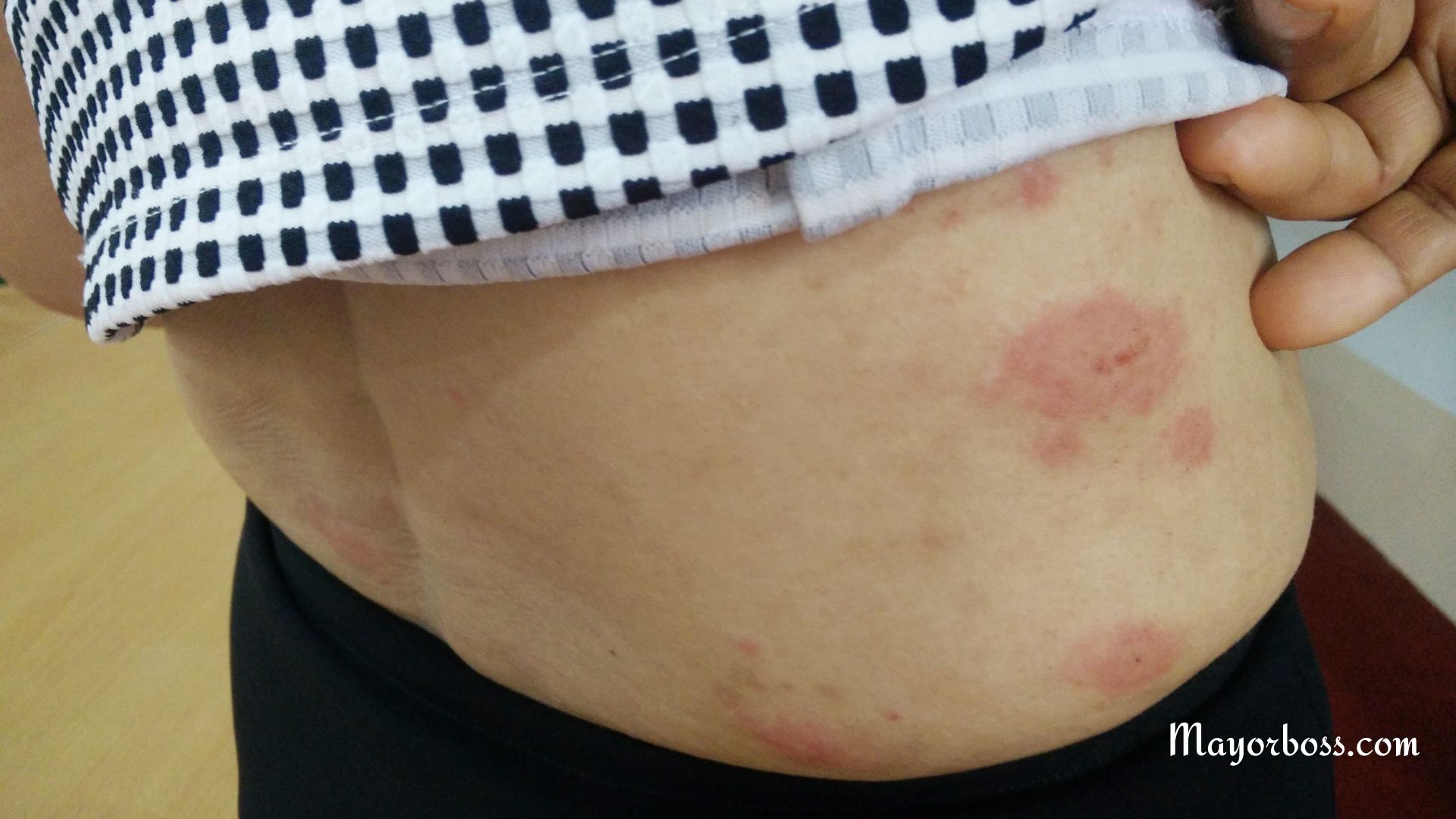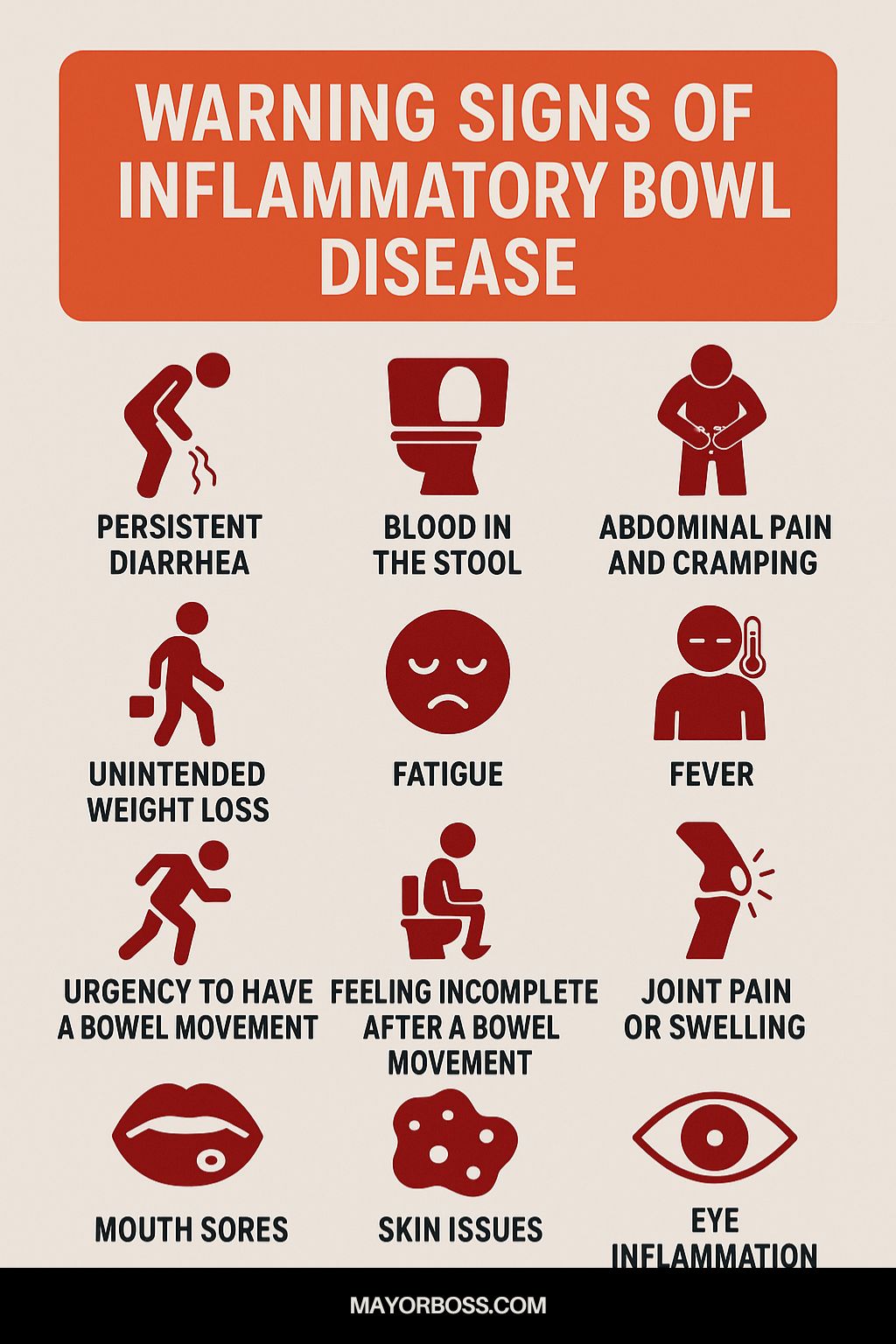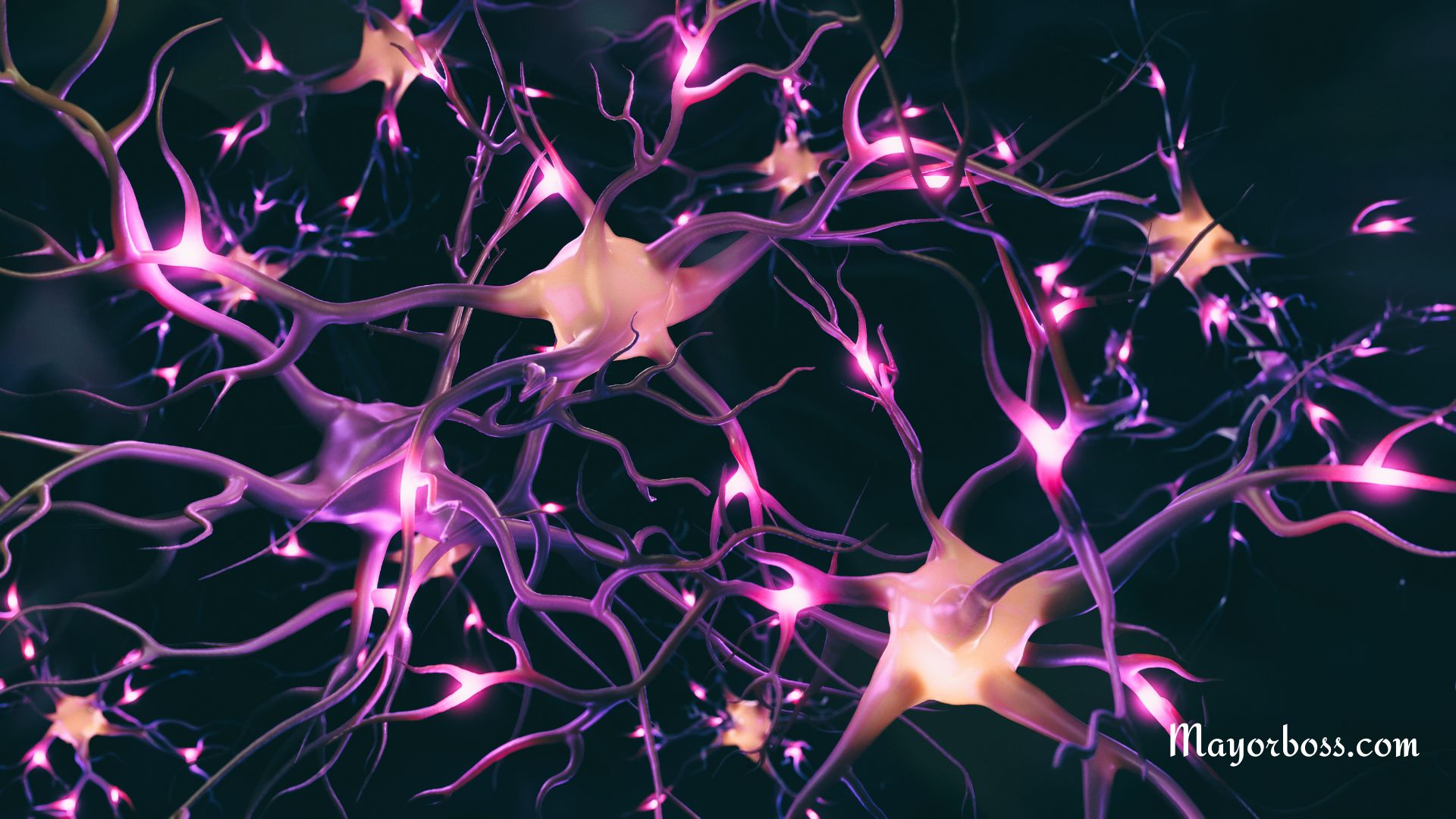10 Signs Your Body Is Crying for Help
Your body is an amazing sophisticated system, constantly working to keep you healthy and balanced. But when something’s not right, it sends you signals—sometimes subtle, other times obvious—that it needs help. Ignoring these signs can lead to more severe health problems. Here are 10 signs your body might be crying for help and what they could mean.

1. Constant Fatigue and Feeling Tired All the Time
If you’re always feeling tired, even after getting enough sleep, this could be your body’s way of telling you that something’s wrong. Chronic fatigue might indicate nutritional deficiencies, like low iron, vitamin D, or B12 levels. It could also point to thyroid issues, sleep disorders, or even chronic stress.
What to do: Visit your doctor for blood tests to identify any deficiencies or underlying conditions and ensure you’re eating a balanced diet rich in vitamins and minerals.
2. Persistent Headaches Might Be a Signal
Frequent headaches, especially if they come with other symptoms like dizziness or nausea, can indicate that your body is under stress. Dehydration, caffeine withdrawal, or eye strain from too much screen time could be causing your headaches. It might also be a sign of high blood pressure or tension.
What to do: Drink plenty of water, take breaks from screens, and manage stress. If headaches persist, consult your doctor to rule out any serious conditions.
3. Sudden Weight Changes Could Point to a Problem
Unexplained weight gain or loss might be your body’s way of signaling a health issue. Weight gain can be linked to hormonal imbalances, like hypothyroidism or polycystic ovary syndrome (PCOS). Sudden weight loss might indicate hyperthyroidism, diabetes, or even cancer.
What to do: Pay attention to your eating habits, exercise regularly, and speak with your doctor to identify the underlying cause of any sudden weight changes.
4. Skin Changes or Breakouts Might Mean Something Is Off
Your skin is a reflection of your internal health. If you’re suddenly experiencing persistent acne, rashes, dryness, or discoloration, it could be a sign of hormonal imbalances, allergies, or even a liver problem. Dry, flaky skin could also point to nutrient deficiencies or dehydration.
What to do: Make sure you’re drinking enough water, eating a healthy diet, and getting enough sleep. Consult a dermatologist if skin problems persist.
5. Digestive Issues Such as Bloating, Constipation, or Diarrhea
Digestive problems, like bloating, gas, constipation, or diarrhea, might indicate that your gut is struggling. These symptoms can be caused by food intolerances, stress, or irritable bowel syndrome (IBS). Your digestive system could also be warning you about poor diet choices, like too much processed food or lack of fiber.
What to do: Include more fiber-rich foods, like fruits, vegetables, and whole grains, in your diet. If digestive problems continue, see a doctor for proper evaluation.
6. Constantly Feeling Thirsty Might Be a Red Flag
If you’re always thirsty, even when drinking plenty of water, this could be a sign of diabetes. When your blood sugar levels are too high, your kidneys work harder to filter the excess glucose, leading to increased thirst and frequent urination. Constant thirst can also be a sign of dehydration or certain medications.
What to do: Get your blood sugar levels checked, especially if you’re also experiencing frequent urination or unexplained weight loss.
7. Hair Loss or Brittle Nails Could Mean Nutrient Deficiencies
If you notice your hair is thinning or falling out more than usual or your nails are becoming brittle and weak, it might be your body’s way of telling you that you’re lacking essential nutrients like iron, zinc, biotin, or protein. Thyroid issues, like hypothyroidism, can also cause hair loss.
What to do: Ensure you’re eating a balanced diet rich in nutrients, and consider talking to your doctor about supplements if needed.
8. Shortness of Breath Could Be a Sign of an Underlying Health Issue
If you often feel short of breath, especially during activities that didn’t previously make you winded, it might be a sign of a heart or lung condition, such as asthma, chronic obstructive pulmonary disease (COPD), or anemia. It’s especially concerning if you experience shortness of breath along with chest pain or dizziness.
What to do: See your doctor promptly, as shortness of breath could indicate a serious issue that needs immediate attention.
9. Frequent Infections or Illnesses Suggest a Weakened Immune System
If you find yourself constantly getting sick, it could be a sign that your immune system is weak. Frequent colds, infections, or slow-healing wounds suggest your body is struggling to defend itself. This might be due to nutritional deficiencies, chronic stress, or autoimmune disorders.
What to do: Focus on eating a healthy diet, getting enough sleep, and managing stress. If the problem persists, consult your doctor to identify any underlying issues.
10. Chest Pain Should Never Be Ignored
Chest pain is one of the most urgent signs that your body needs help. While it might be due to something minor, like heartburn or muscle strain, it could also indicate heart disease, angina, or even a heart attack. If the pain is sharp, accompanied by shortness of breath, sweating, or dizziness, it’s crucial to get medical attention immediately.
What to do: Call 911 or seek emergency care if you experience sudden or severe chest pain, as this could be life-threatening.






